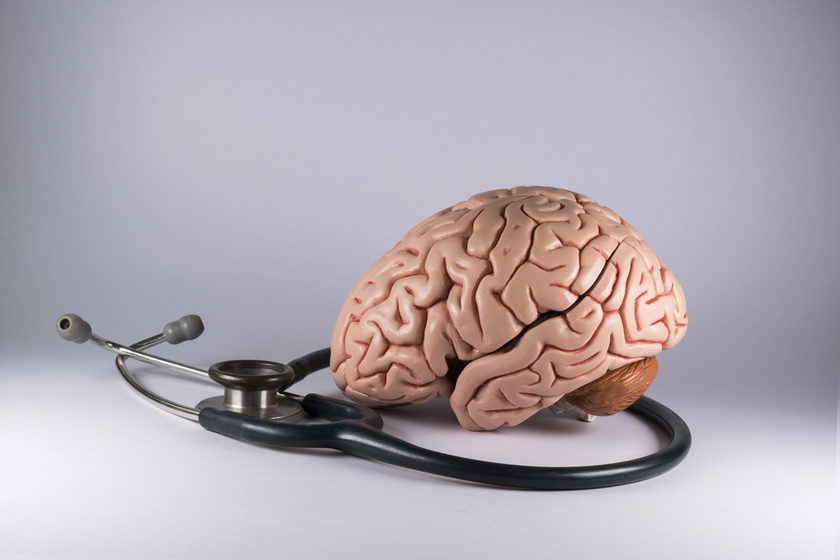Dementia is a complex condition that affects millions of people worldwide. It is characterized by a decline in cognitive function, affecting memory, thinking, and social abilities. Understanding the stages of dementia is crucial for families and caregivers to provide appropriate care and support. In this blog post, we will explore how doctors determine the stages of dementia and what each stage entails.
Early Stage: Mild Cognitive Impairment
In the early stage of dementia, individuals may experience mild cognitive impairment (MCI). This stage is characterized by subtle changes in memory and thinking abilities that are noticeable to the person affected but may not significantly impact daily life. Doctors often use cognitive screening tests, such as the Mini-Mental State Examination (MMSE) or the Montreal Cognitive Assessment (MoCA), to assess cognitive function. These tests help to identify any decline in memory, language, attention, and other cognitive areas.
Middle Stage: Moderate Dementia
As dementia progresses to the middle stage, individuals may require more assistance with daily activities. Symptoms become more pronounced, including increased memory loss, confusion, difficulty with language, and changes in behavior. During this stage, doctors may use a combination of cognitive tests, neurological exams, and functional assessments to evaluate the extent of cognitive decline and its impact on daily life. The Global Deterioration Scale (GDS) and the Clinical Dementia Rating (CDR) scale are commonly used to assess the severity of symptoms in this stage.
Late Stage: Severe Dementia
In the late stage of dementia, individuals may require full-time care and support. They may have significant memory loss, limited communication abilities, and difficulty with physical tasks such as walking or eating. Doctors assess the severity of dementia in this stage through comprehensive evaluations, including physical exams, neurological assessments, and observation of daily functioning. The Functional Assessment Staging (FAST) scale is often used to determine the level of care needed for individuals in this stage.
Factors Influencing Staging
It’s important to note that the progression of dementia can vary widely among individuals. Factors such as the type of dementia, overall health, and the presence of other medical conditions can influence the rate of progression and the severity of symptoms. Doctors take these factors into account when determining the stages of dementia and developing a care plan.
Supporting Individuals with Dementia
Understanding the stages of dementia is essential for providing appropriate care and support. Families and caregivers can work with healthcare professionals to develop a care plan that addresses the changing needs of the individual with dementia. This may include medical treatment, lifestyle modifications, and support services to enhance quality of life and promote independence for as long as possible.
Determining the stages of dementia is crucial for managing the condition effectively. Accurate assessment of cognitive decline allows doctors to give families a clearer picture of future expectations and planning. It’s essential for families to be well-informed, maintain open lines of communication with healthcare professionals, and seek out support to handle the complexities of dementia care. At Discovery Village At Southlake, we are dedicated to assisting families through these challenges. With our expert team and compassionate approach, we provide the guidance, resources, and support needed to navigate dementia care with confidence. Trust us to be a steadfast partner in your loved one’s care journey.







